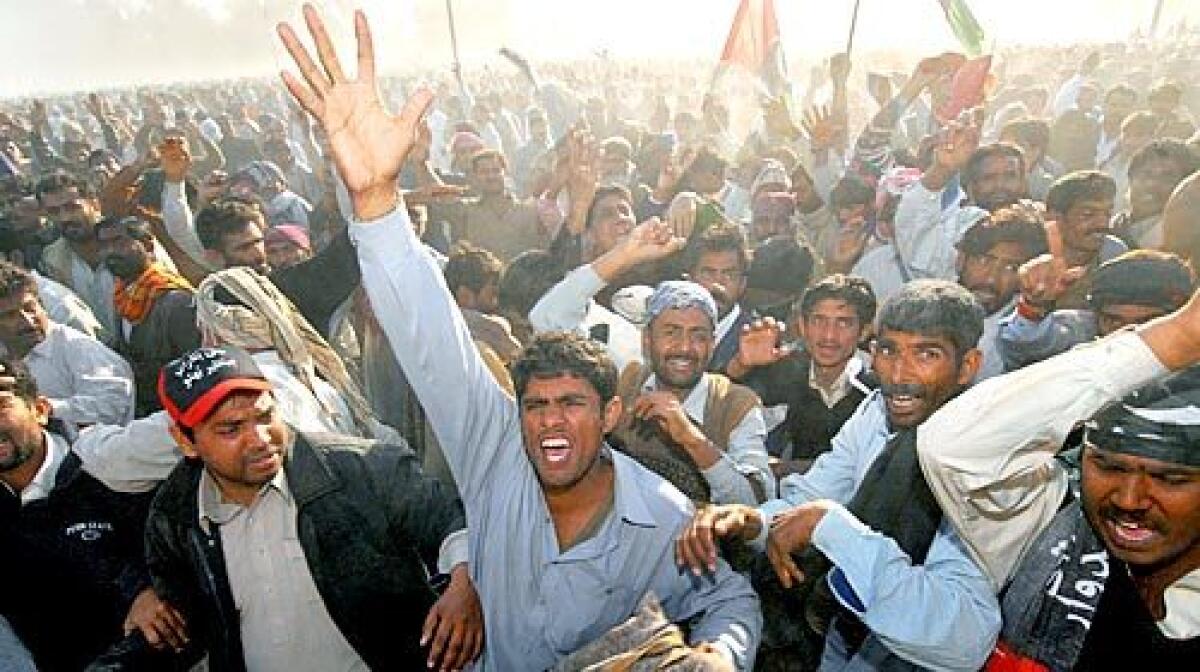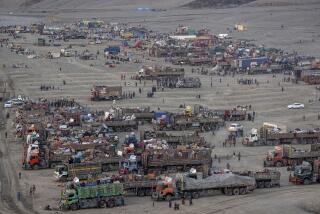Investment risks rise with Pakistan chaos

Pakistan’s brief period as a destination for adventurous investors seems over for now, as the assassination of opposition leader Benazir Bhutto brings fresh instability to an already volatile nuclear-armed nation.
“This is the worst possible scenario for foreign investment,” said Luis Costa, head of emerging debt at Commerzbank in London. “Probably there are many months of volatility ahead and this environment of chaos is perfect for Islamic militants.”
For the last couple of years, Pakistan has lured growing amounts of foreign cash. Its Karachi stock market is up 50% year to date, making it one of Asia’s best-performing indexes.
Foreign direct investment in Pakistan almost doubled in the last fiscal year, according to central bank data.
Those financial positives were partly due to the stability that President Pervez Musharraf’s firm military rule had brought.
“So far Musharraf has delivered reasonably well: The stock market has gone up, investment has gone in and the economy has done OK,” said Rashna Writer, principal analyst at Risk Bureau, a consulting firm in London.
But there are downsides to a stability brought about by military rule.
“The problem for Pakistan is that its [civil] institutions have been weakened to the point of being feeble,” Writer said, referring to the country’s parliament and judiciary.
Pakistan’s stock and currency markets have been closed for three days. Meanwhile, foreigners have been hedging their exposure to Pakistan, with the cost of buying five-year protection via credit default swaps soaring since the assassination Thursday.
Some observers aren’t pessimistic, saying Bhutto’s death is only one more tragedy in the history of a country that has been buffeted by several wars and coups in its 60-year history.
Ahsan Chishty, an economist at Standard Chartered in Karachi, said a great deal hinged on how effectively order could be restored.
Investors from “the Middle East and China in particular are very resilient,” he said. “They have seen Pakistan go through difficult times before and they understand its unique bounceability.”
More to Read
Start your day right
Sign up for Essential California for news, features and recommendations from the L.A. Times and beyond in your inbox six days a week.
You may occasionally receive promotional content from the Los Angeles Times.






